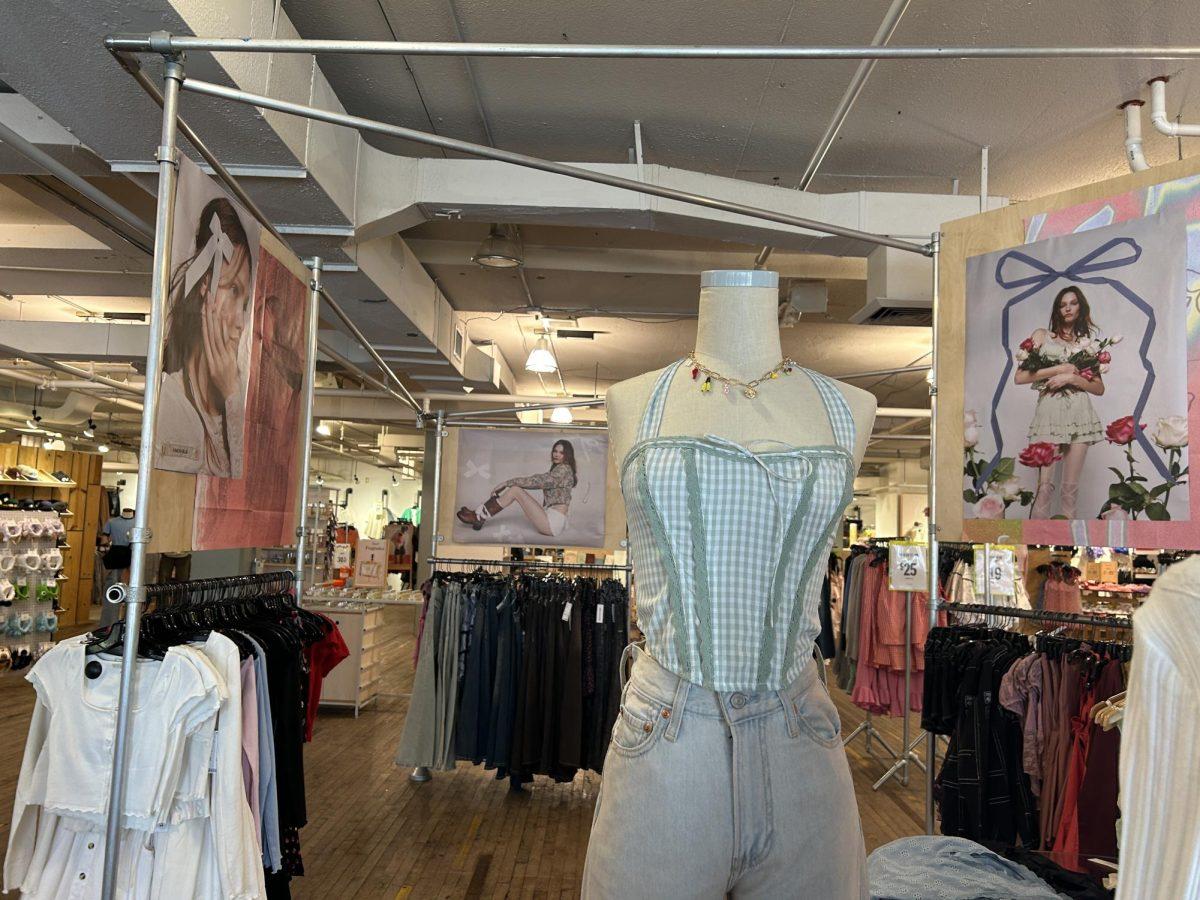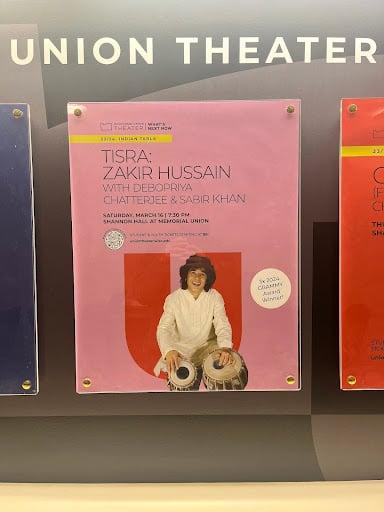
“The ‘Queen’ is back, the ‘Queen’ is back!”
Since the February release of Madonna (Madonna Louise Ciccone)’s first single “Give Me All Your Luvin,'” Madonna fans have been plastering the internet with this proclamation. But the biggest question is “Since when was Madonna ever ‘gone?'”
Today marks the release of Ciccone’s 12th studio album, titled MDNA. After a four year wait, listeners can relax: This album, unlike Hard Candy (2008), meets the high standards set by Ciccone’s Confessions on a Dance Floor (2005).
Barbra Streisand aside, Madonna is the prototypical example of the most successful professional working in the American music industry. Holding a Guinness World Record, Ciccone has sold over 300 million albums. Her work spans three-and-a-half decades, and her image is – as she once jokingly said to her daughter – “timeless.”
MDNA is distinct within Ciccone’s portfolio for its unique take on what it means to be a reactionary. Ciccone doesn’t just stab at things to be political, but also to be self-reflexive. It is Ciccone’s irony that makes MDNA so entertaining and a delight to listen to. Audiences often remark that the focus of Ciccone’s attention is, unfairly, Lady Gaga (Stefani Joanne Angelina Germanotta). The album does, in part, respond to Germanotta’s Born this Way (2011). But it does more.
The feud over artistic originality between Ciccone and Germanotta is as overstated as each artist’s self-professed Catholic guilt. Fans have pitted themselves into camps, ceaselessly arguing over which woman holds the rights to various iconography: Do the cone-shaped brassieres in “Express Yourself” belong to Ciccone, or are Germanotta’s machine gun breasts in “Alejandro” violent enough to distinguish themselves? Is such a debate useful or even possible? Ciccone plays with this idea throughout the album.
The most obvious example of idea piracy is in Ciccone’s song and music video “Girl Gone Wild.” Ciccone references iconic Germanotta moments. However, she does so on a grossly exaggerated scale: “bare-assed gay” vampires, “black inkblots” of farewell tears and “hula hoop” gyrating while in chains. The sex appeal in which Germanotta finds her persona is ruined. Ciccone’s icy sarcasm at its best.
The album is a collection of images and of sounds. Ciccone collaborates with well known electro-magnets: Grammy-winning producer William Orbit, distinctive DJ Benny Benassi and playful singer Mika (Michael Holbrook Penniman). They stamp the album with unremitting synthesizer beats and trance instrumentals. Gunshots and porn conga rhythms grace Ciccone’s sultry trashiness in the track “Gang Bang.”
More jubilant are the pop truisms of the upbeat tracks “Turn Up the Radio” and “Superstar.” The latter track contains a distinctively sugarcoated refrain: “I’m your biggest fan, it’s true/ Hopelessly attracted to you/ You can have the keys to my car/ I’ll play you a song on my guitar/ Ooh la la, you’re my superstar.” Very 1990s. If it weren’t Madonna, we might think she’s being serious.
Superficiality is not the only quality reflected in MDNA. Ciccone’s Golden-Globe-winning song “Masterpiece” helps close the album. It reminds us that Ciccone has depth and can be vulnerable. Subtly though. A counterpart to Germanotta’s raw honesty, the two share a tortured sadness.
Throughout, MDNA returns to examinations of imitation. Germanotta is not Ciccone’s only target. MDNA globalizes its critique of artistic ownership by shameless and excessive borrowing from well-known stars: Kylie Minogue’s quicksilver high-heeled dancers, M.I.A’s t-shirt and Wayfarer-sunglasses combo, Beyonc? Knowles’s windswept hair. Plus, a reinterpretation of The Rolling Stones’s “Some Girls.” Ciccone even channels RihannaFenty’s Good Girl Gone Bad (2007) seductiveness when she whispers “I want so badly to be good.”
The “Queen” lives between albums through the stagecraft of the artists she references. Whether or not it was Ciccone’s intention, MDNA highlights the fallacies of claiming exclusive ownership over ideas.
4 out of 5 stars






















